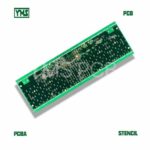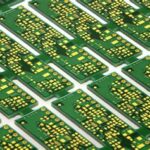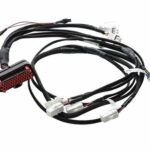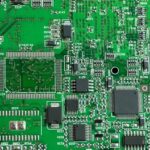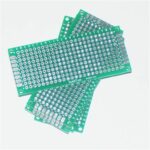Introduction
Fast turnaround is often required in printed circuit board (PCB) prototyping and low volume production scenarios. For flexible PCBs in particular, quick turnaround times can help accelerate product development cycles and time-to-market. However, fast turn services typically come at a premium cost. This article provides an overview of the key factors that determine fast turn flex PCB costs and pricing models offered by manufacturers.
Fast turn flex PCBs refer to boards fabricated and delivered with shorter lead times, typically under 5 days or even 24-48 hours. They enable design iterations and concept validation builds to be turned around rapidly during the prototyping phase. Even in production, fast-turn services help meet tight schedules and changing requirements.
However, to provide significantly compressed lead times, PCB manufacturers have additional costs. Understanding what drives these costs provides a basis for estimating and comparing fast turn pricing.
Cost Drivers for Fast Turn Flex PCBs

Several factors contribute to the higher costs of fast turnaround flex PCB services:
1. Expedited Handling
All processing steps must be accelerated from order processing, kitting materials, scheduling production, fabrication, assembly, quality control and shipping. This puts pressure across personnel and may require overtime and extra shifts to fulfill orders within the committed turnaround time.
2. Inventory and Sourcing
Frequently restocking various flex PCB materials is needed to start production immediately. Priority sourcing and shipping of any constrained materials adds cost.
3. Small Batch Sizes
Fast turn orders are usually low quantities needed for prototyping. Small batch sizes reduce efficiency on shared equipment and increase changeover frequencies.
4. Engineering Support
Extensive pre-production engineering efforts are often required for quick-turn designs to resolve errors, ensure manufacturability and qualify any custom materials needed.
5. Testing and Quality Control
While production times are compressed, quality standards cannot be compromised. Thorough inspection, testing and controls add overhead but are crucial for fast-turn boards.
6. Rush Shipping
Expedited, premium shipping services are used to deliver completed boards faster. This avoids delays from standard ground and ocean freight transit times.
Due to these factors, fast turn flex PCB fabrication comes with extra costs and operational overhead compared to standard lead time production. As turnaround time is reduced, costs tend to go up.
Fast Turn Flex PCB Pricing Models
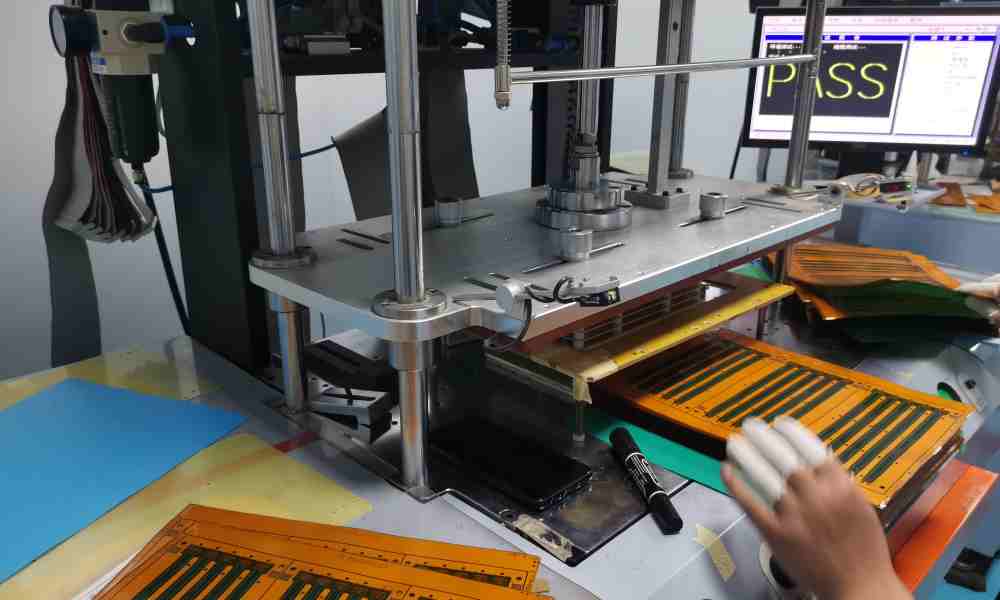
Pricing models for fast turn flex PCBs vary among manufacturers. Here are some typical models:
Flat Rate Pricing
A fixed turnaround time option is offered at a flat fee on top of base PCB cost. For example:
- 24 hour turn – Flat fee $1500
- 48 hour turn – Flat fee $1000
- 5 day turn – Flat fee $500
The flat rate applies regardless of order quantity. It simplifies budgeting but cost per board goes up significantly for small quantities.
Stepped Pricing
The turnaround fee increases in steps as lead time is shortened. Different quantity tiers are defined with their own price schedule. For example:
| Turnaround Time | Prototyping (1-10 pcs) | Low Volume (10-50 pcs) | High Volume (>50 pcs) |
|---|---|---|---|
| 5 business days | $0 | $0 | $0 |
| 72 hours | $500 | $350 | $250 |
| 48 hours | $750 | $500 | $400 |
| 24 hours | $1000 | $800 | $600 |
This provides more options tailored to different volumes and lead time needs. But the schedule is more complex.
% Surcharge
A surcharge percentage is added to the base PCB cost for faster lead times:
- 24 hour turn – 100% surcharge
- 48 hour turn – 75% surcharge
- 5 day turn – 50% surcharge
The fee scales up automatically with higher base cost for larger, complex boards. But predicting final price is harder.
Per Hour Expedite Fee
Some manufacturers charge an hourly expedite fee on top of base cost:
- 24 hour turn – $200/hr expedite fee
- 48 hour turn – $150/hr expedite fee
- 5 day turn – $100/hr expedite fee
This increments in smaller steps but the exact fast turn price depends on labor hours needed, which may not be predictable.
Cost Optimization Tips
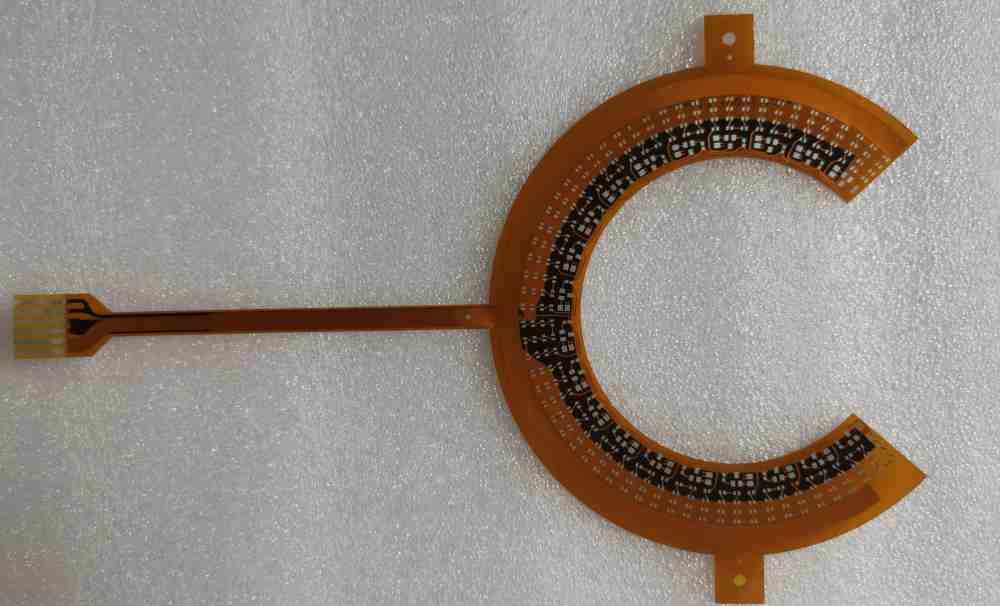
Even with premium pricing, some tips help optimize and reduce fast turn flex PCB costs:
- Consolidate orders – Combine multiple fast-turn orders to improve economy of scale if schedule allows.
- Reuse designs – Iterative upgrades to the same design saves engineering review time.
- Simplify requirements – Avoid unnecessary specifications that complicate processing.
- Compare suppliers – Check alternate vendors as fast turn capabilities and pricing can vary.
- Leverage partnerships – Develop trusted suppliers and negotiate for better repeat customer pricing.
- Consider DFMA – Design for manufacturing and assembly cut production costs and lead time.
- Evaluate value – Weigh the total cost vs benefits gained from ultra-fast turnaround when feasible.
Cost vs Lead Time Analysis
To decide on appropriate turnaround time for a particular situation, it helps to analyze the trade-off between lead time and price.
For example, this table shows a hypothetical price comparison for a 5-layer rigid-flex design with 1000 holes and 50 pieces ordered:
| Lead Time | 5 days | 48 hours | 24 hours |
|---|---|---|---|
| Price | $2000 | $3500 | $5000 |
Plotting this as a graph makes the cost vs lead time relationship clear:
In this case, the premium for 24 hour turn is very high. A 5 business day or 48 hour service offers a better balance depending on urgency. Conducting similar analysis helps select the optimum turn time based on actual pricing and project needs.
Cost Per Hour Saved
Another useful metric is the incremental cost per hour saved in lead time. This quantifies the value gained by a faster turnaround.
For the same example above:
- Going from 5 days (120 hours) to 48 hrs (48 hours) saves 72 hours for $1500 extra cost. This works out to $21 per hour saved.
- Going from 48 hrs to 24 hrs (24 hours) saves 24 hours for an additional $1500. So the rate here is $63 per hour saved.
The per hour cost escalates rapidly for ultra-fast turns. This metric helps assess if the urgency justifies the premium price. The threshold depends on the project and business, but typically $50-$100 per hour is considered high.
Conclusion
In summary, fast turn flex PCB services enable accelerated prototyping and production but come at a premium cost. Factors like expedited processing, inventory, small batches, engineering support, quality control and shipping drive up the price. Suppliers offer different pricing models based on turn time and quantity.
Cost optimization techniques like order consolidation, design reuse, requirement simplification and supplier comparison help manage the higher price. Analyzing the cost vs lead time trade-offs and cost per hour saved provides data to make an informed decision on selecting the best turnaround time for a particular project.
Fast Turn Flex PCB Cost FAQs
Q: Does number of layers affect fast turn flex PCB pricing?
A: Yes, layer count is a major cost driver. More complex multilayer boards take longer to fabricate and hence attract higher turnaround fees. Some pricing models directly factor in the layer count.
Q: Is there a minimum order quantity (MOQ) for fast-turn services?
A: Most suppliers allow prototyping quantities like 1-10 pieces for fast turn. But very small quantities can still be cost prohibitive if the turnaround fee is fixed. Order consolidation helps improve cost efficiency.
Q: Can fast turnaround be provided on flex-rigid boards?
A: Yes, fast turn flex-rigid PCBs are also offered. The combination of technologies adds complexity which could impact the minimum lead time and pricing.
Q: Are DFM/DFA guidelines more critical for fast turn designs?
A: Absolutely. Following design for manufacturing and assembly guidelines is key to avoiding corrections and delays. The PCB manufacturer can provide specific DFM/DFA guidance.
Q: Does faster shipping add to cost for fast-turn boards?
A: Yes, express shipping required to meet the committed lead time is typically an additional cost. Some suppliers bundle shipping with turn fees. Others charge separately for shipping.

